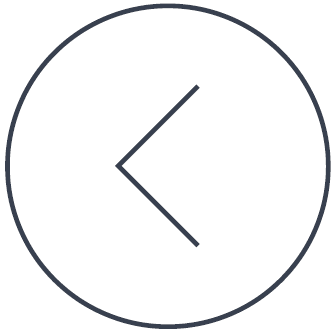Use this guide at your own risk; software should usually be better suited to remove malware, since it is able to look deeper.
If this guide was helpful to you, please consider donating towards this site.
Threat Details:
Categories:
- pups
Description:
Removal Instructions:
Files:
Please use Windows Explorer or another file manager of your choice to locate and delete these files.
- The file at "<$APPDATA>\Microsoft\Internet Explorer\Quick Launch\RegistryNuke 2014.lnk".
- The file at "<$COMMONDESKTOP>\RegistryNuke 2014.lnk".
- The file at "<$COMMONPROGRAMS>\RegistryNuke 2014\RegistryNuke 2014.lnk".
- The file at "<$COMMONPROGRAMS>\RegistryNuke 2014\Uninstall RegistryNuke 2014.lnk".
- The file at "<$PROGRAMFILES>\RegistryNuke 2014\NtRegDfrg32.exe".
- The file at "<$PROGRAMFILES>\RegistryNuke 2014\NtRegDfrg64.exe".
- The file at "<$PROGRAMFILES>\RegistryNuke 2014\RegistryNuke.exe".
- The file at "<$PROGRAMFILES>\RegistryNuke 2014\unins000.exe".
Make sure you set your file manager to display hidden and system files. If PU.RegistryNuke uses rootkit technologies, use the rootkit scanner integrated into Spybot-S&D 2.x or our Total Commander anti-rootkit plugins.
You will have to use a global search for files without a name specified. Be extra careful, because just the name might not be enough to identify files!
Important: There are more files that cannot be safely described in simple words. Please use Spybot-S&D to remove them.
Folders:
Please use Windows Explorer or another file manager of your choice to locate and delete these folders.
- The directory at "<$COMMONPROGRAMS>\RegistryNuke 2014".
- The directory at "<$PROGRAMFILES>\RegistryNuke 2014".
Make sure you set your file manager to display hidden and system files. If PU.RegistryNuke uses rootkit technologies, use our RootAlyzer or our Total Commander anti-rootkit plugins.
You will have to use a global search for files without a name specified. Be extra careful, because just the name might not be enough to identify folders!
Registry:
You can use regedit.exe (included in Windows) to locate and delete these registry entries.
- Delete the registry key "{D9DF8D5A-2160-402B-819F-A5A964215528}_is1" at "HKEY_LOCAL_MACHINE\Software\Microsoft\Windows\CurrentVersion\Uninstall\".
If PU.RegistryNuke uses rootkit technologies, use our RegAlyzer, RootAlyzer or our Total Commander anti-rootkit plugins.
Final Words:
If neither Spybot-S&D nor self help did resolve the issue or you would prefer one on one help,
- Please read these instructions before requesting assistance,
- Then start your own thread in the Malware Removal Forum where a volunteer analyst will advise you as soon as available.


